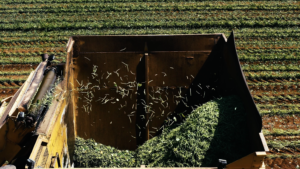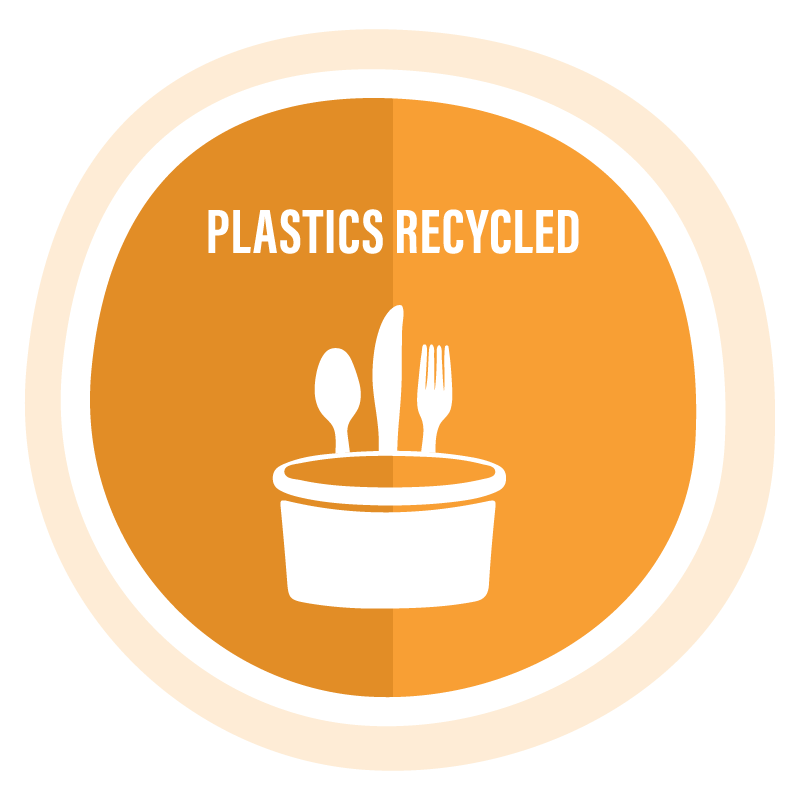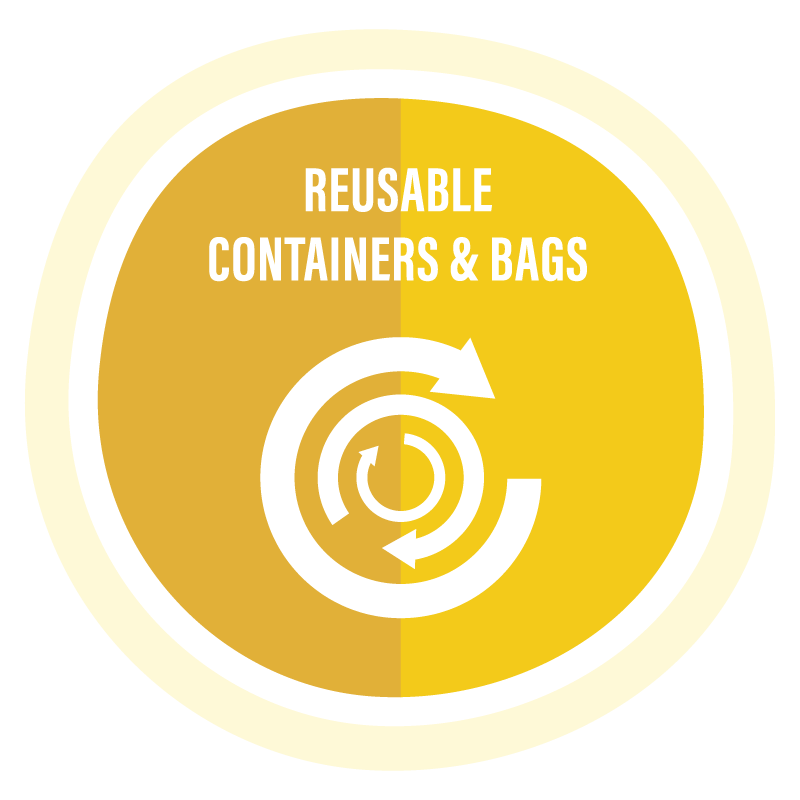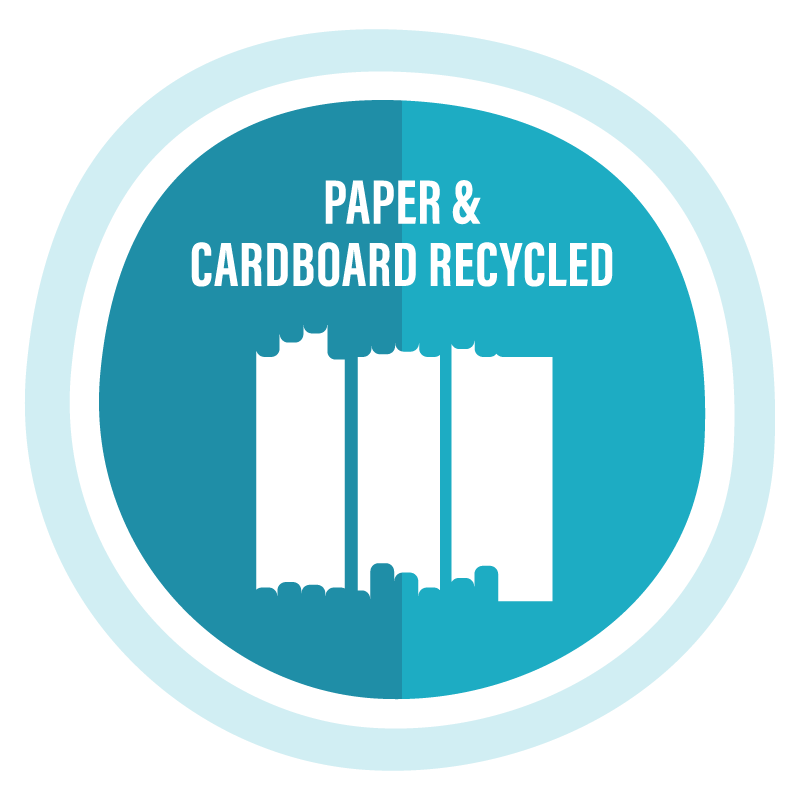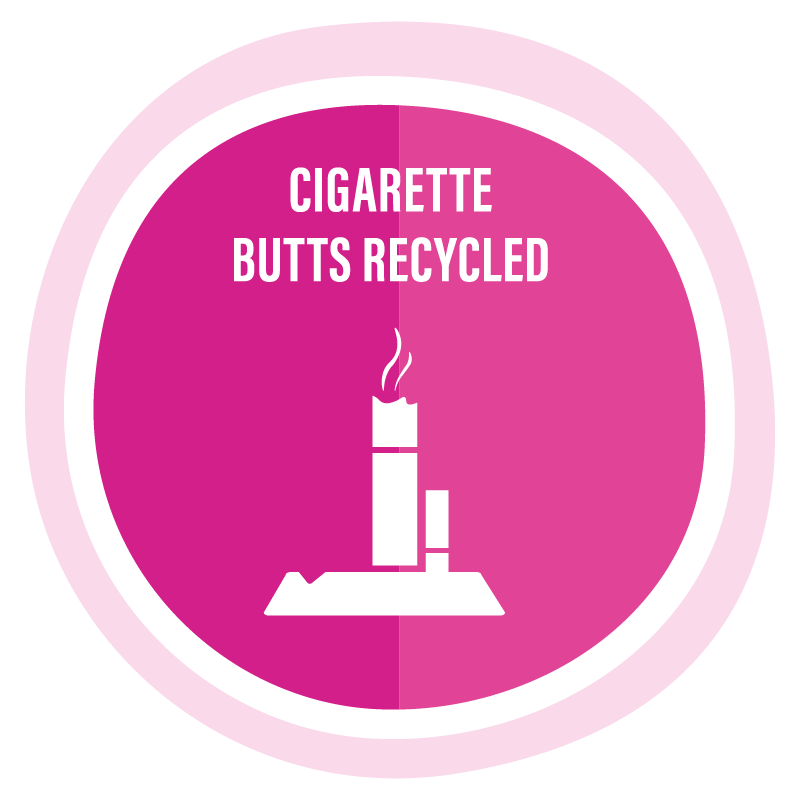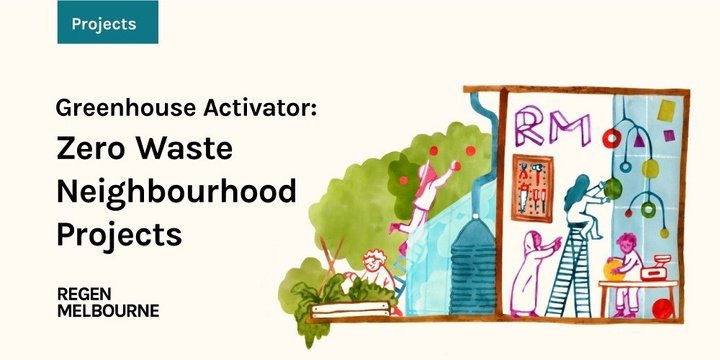
‘Greenhouse’ activator workshop: Zero Waste Neighbourhood Projects by Regen Melb
Join Regen Melb in their final Greenhouse online workshop series to support good humans of Melbourne (and in other states!) with a passion for community action for climate change. Think converting waste to energy. Think community compost, single-use plastic free neighbourhoods and kitchen appliance sharing …
Walk in with the ‘seed’ of a project idea that was sparked during Lockdown, surround yourself with like minds and be guided through an introduction to the Melbourne Doughnut. Listen to recognised project makers as they present case studies from which you can learn, then our Greenhouse Keepers will facilitate some simple project planning exercises so that you can walk away with a clear ‘tram stop’ pitch. Plus, by connecting into the Regen Melbourne network, you’ll find ongoing support to realise your idea.
Guest Speakers / Mentors
Workshop Program
- Welcome
- Melbourne Doughnut introduction
- Guest presentations (by experts and featuring project case studies)
- Project making exercises
- Pitch practice
- Next Steps
Tickets available here!

